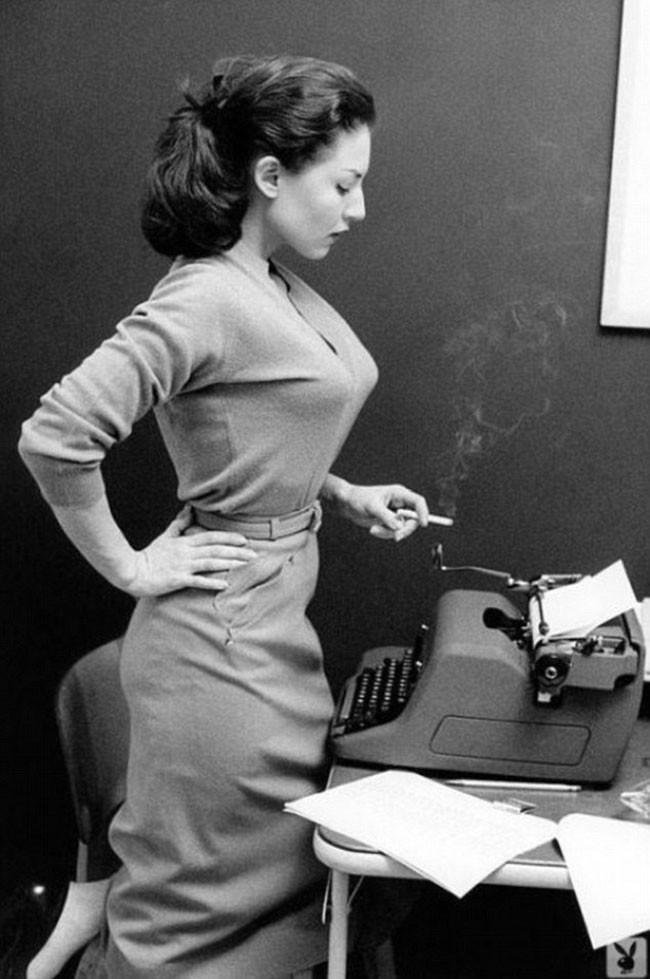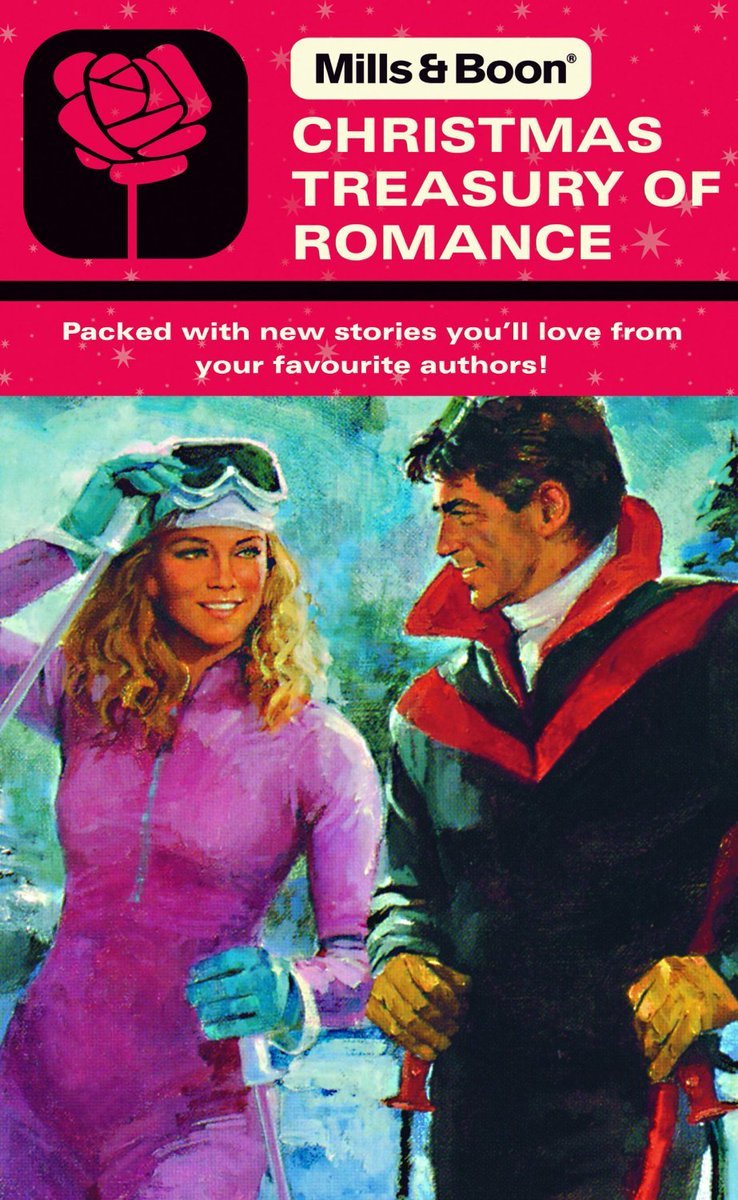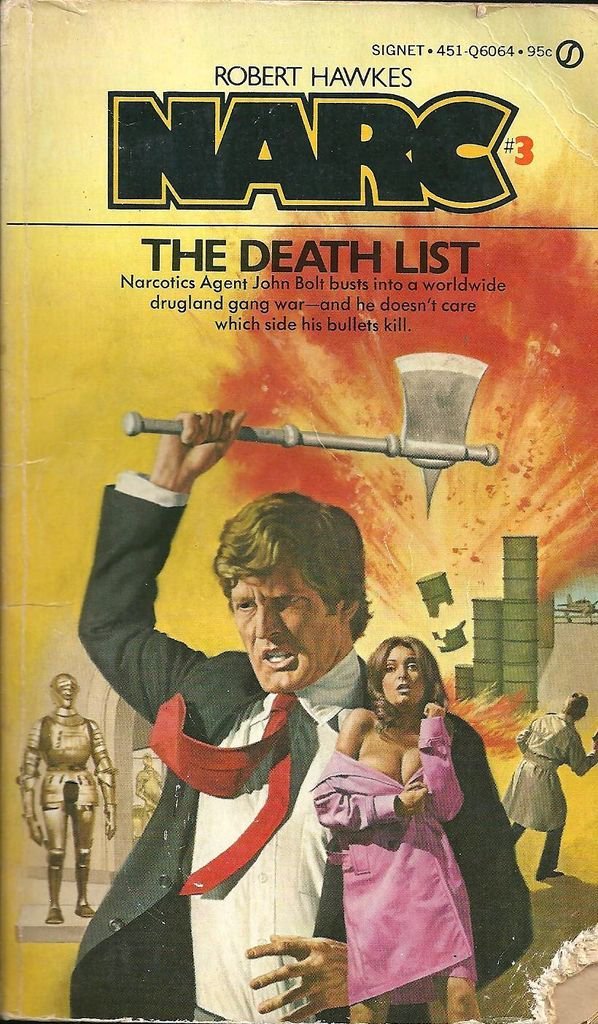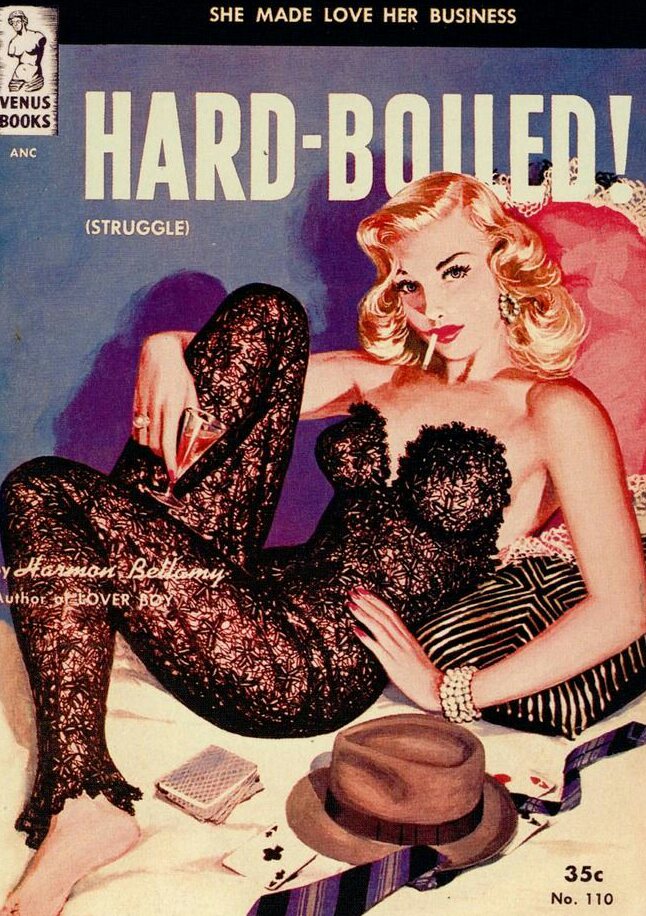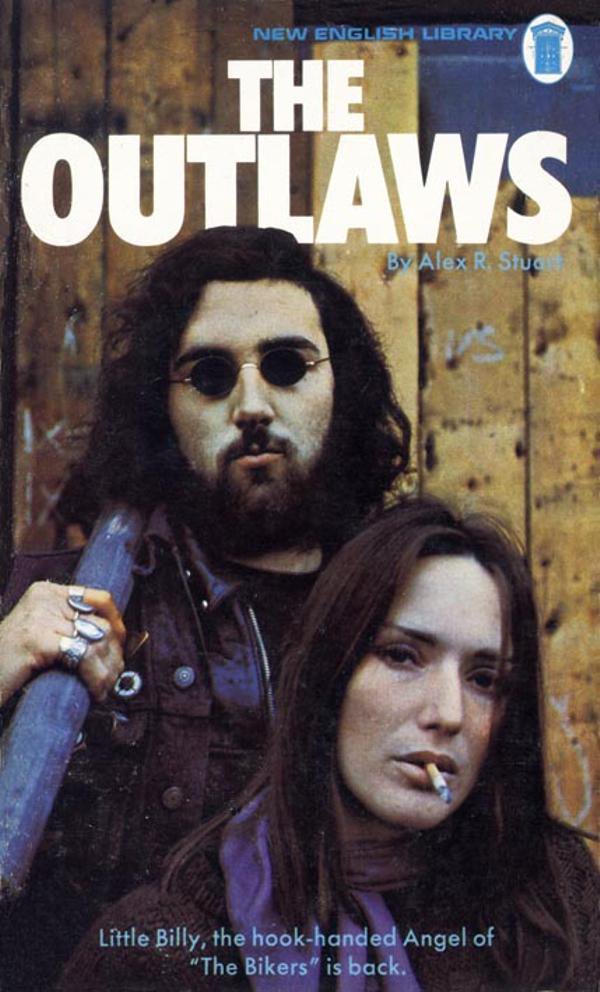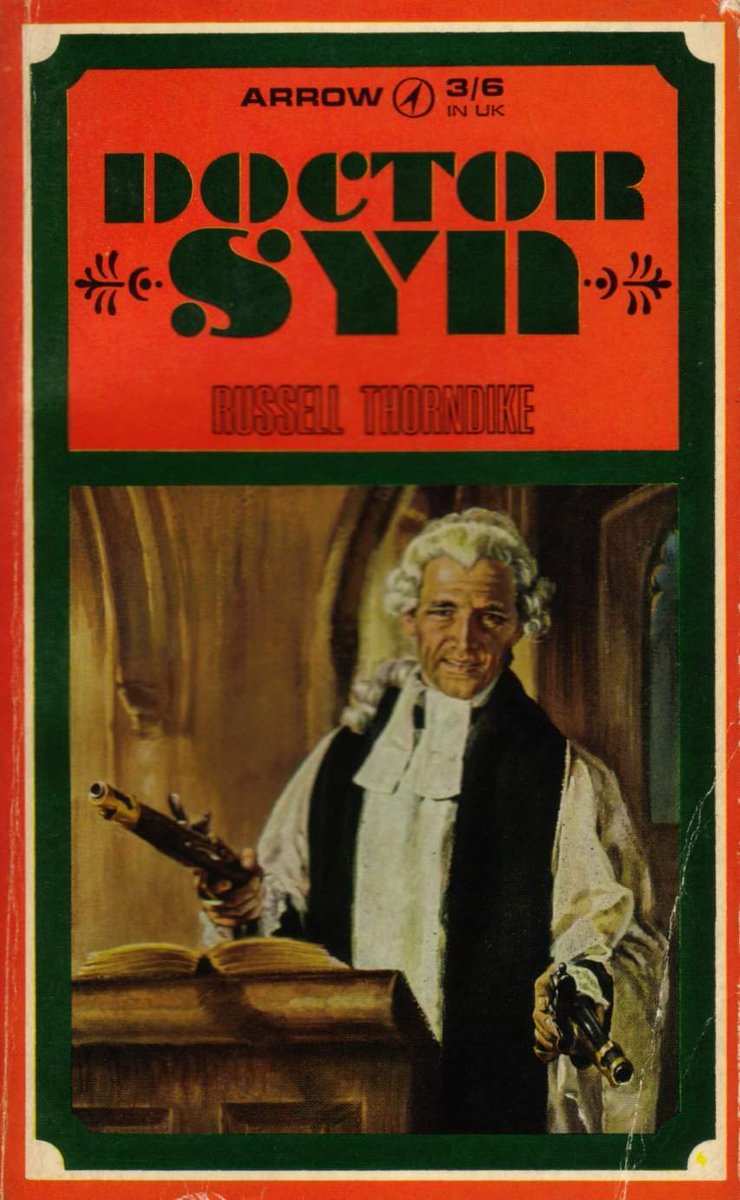Today in pulp I visit Yugoslavia - the Federal People's Republic of Fun!
Come this way, it's all-inclusive...
Come this way, it's all-inclusive...

...but really Yugoslavia was just like the rest of Western Europe: consumerist, cosmopolitan and in love with Kate Bush. 



The best way to get around Yugoslavia was by hatchback - if you could get the pretty ladies off the bonnet that is! 



A pint and a party is a worldwide language, and in Yugoslavia they spoke it as well as anyone else. They also bought into that whole Paul King scene in 1985, but so did everyone! 



And so we say a fond farewell to Yugoslavia: fun, frolicks and just a hint of collective planning!
More pulp trips another time...



More pulp trips another time...




• • •
Missing some Tweet in this thread? You can try to
force a refresh





















